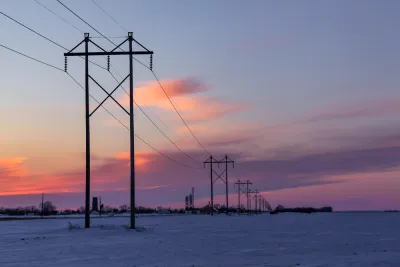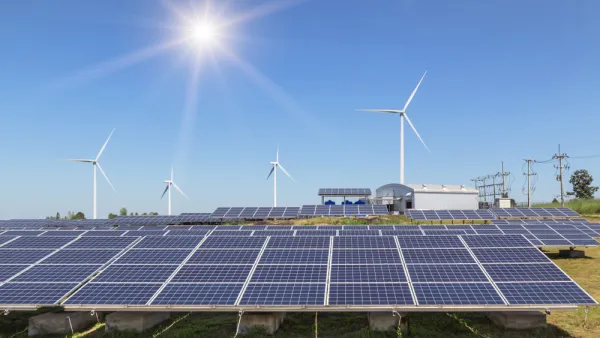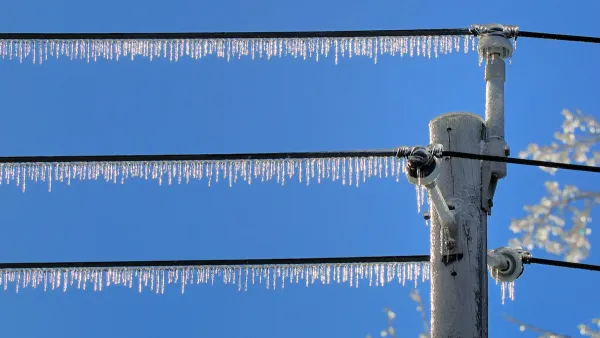If signed by the governor, a new state law would require all utilities in the state to switch to renewable energy within two decades.

In a party-line vote, the Minnesota state Senate approved a law that requires the state’s power utilities to switch to 100 percent clean power by 2040. In a piece originally published by Grist and republished in Route Fifty, Zoya Teirstein describes the legislation, which revives a failed 2021 proposal rejected by the then-Republican state senate.
According to Teirstein, “The legislation establishes two new mandates for electric utilities in the state: a renewable electricity standard and a carbon-free energy standard.” A prior goal of reaching 25 percent renewable energy by 2025 was met eight years early. Acceptable sources of energy include solar, wind, hydropower, nuclear, hydrogen, and biomass (burning wood or trash). “The bill contains provisions that will help streamline the permitting process for new energy projects in the state, set minimum wage requirements for workers hired by the state’s utilities to build large-scale projects, and prevent power from waste incineration plants located in low-income, majority non-white communities from counting toward the 2040 target.”
Despite warnings from Republican lawmakers that the new rule would make the state’s energy grid less reliable and more expensive, Teirstein points out that “Multiple analyses of existing state-level clean energy standards show the mandates have actually improved grid reliability and reduced costs for consumers.”
FULL STORY: Minnesota to Require 100% Carbon-free Electricity by 2040

National Parks Layoffs Will Cause Communities to Lose Billions
Thousands of essential park workers were laid off this week, just before the busy spring break season.

Retro-silient?: America’s First “Eco-burb,” The Woodlands Turns 50
A master-planned community north of Houston offers lessons on green infrastructure and resilient design, but falls short of its founder’s lofty affordability and walkability goals.

Delivering for America Plan Will Downgrade Mail Service in at Least 49.5 Percent of Zip Codes
Republican and Democrat lawmakers criticize the plan for its disproportionate negative impact on rural communities.

Test News Post 1
This is a summary

Test News Headline 46
Test for the image on the front page.

Balancing Bombs and Butterflies: How the National Guard Protects a Rare Species
The National Guard at Fort Indiantown Gap uses GIS technology and land management strategies to balance military training with conservation efforts, ensuring the survival of the rare eastern regal fritillary butterfly.
Urban Design for Planners 1: Software Tools
This six-course series explores essential urban design concepts using open source software and equips planners with the tools they need to participate fully in the urban design process.
Planning for Universal Design
Learn the tools for implementing Universal Design in planning regulations.
EMC Planning Group, Inc.
Planetizen
Planetizen
Mpact (formerly Rail~Volution)
Great Falls Development Authority, Inc.
HUDs Office of Policy Development and Research
NYU Wagner Graduate School of Public Service





























